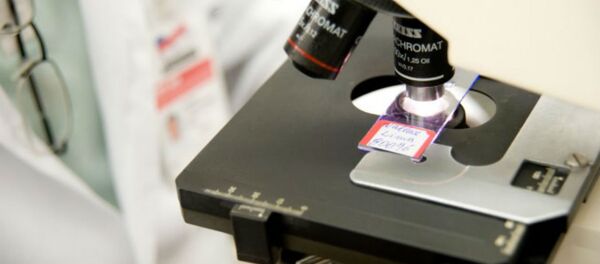The laboratory in Oss, a city in the south of the Netherlands, successfully developed a system by which they can determine whether a person is infected with the bacteria.
“We can diagnose if the person is or was infected with the Q-fever,” Anja Garritsen, CEO of the InnatOss company told NPO Radio 1.
For the United States this is a long-awaited discovery, since a significant number of the US troops stationed in Iraq and Afghanistan, where Q-fever is widely spread, were infected with this animal-borne disease. Garritsen stated that Washington also fears terrorists might use Q-fever as a biological weapon.
Garritsen anticipates that the vaccine will be ready to test on animals in three years.
Q-fever is not as dangerous as the plague, cholera or typhoid, and is not transmitted from one person to another as cold or flu. Nevertheless, the Coxiella burnetii bacteria are unusually resistant to various physical and chemical effects, including disinfectants.


